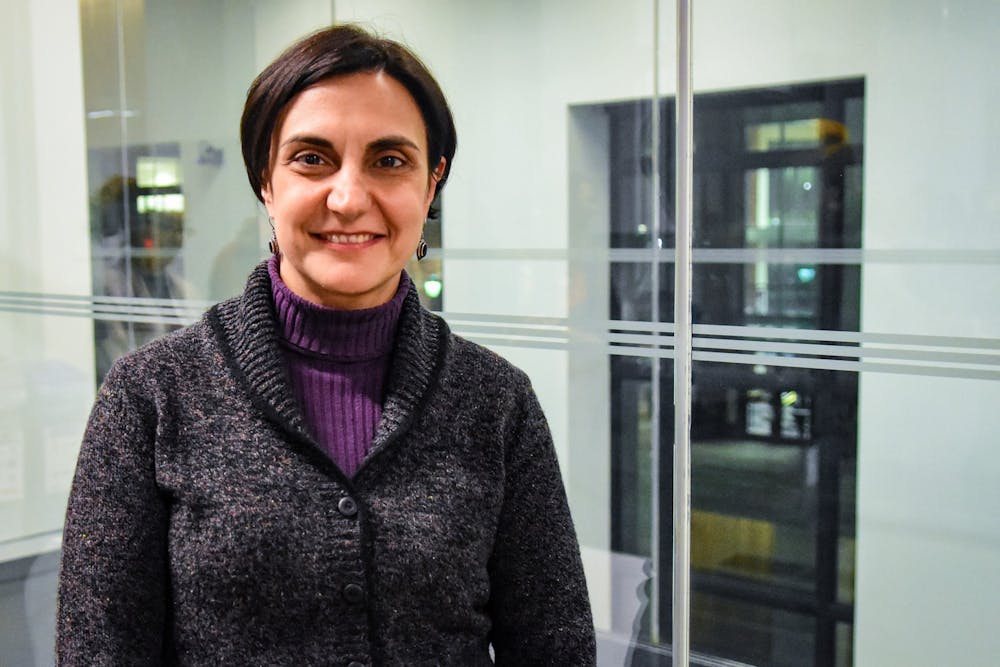The Political Science department is offering a new Penn Global Seminar in the spring focused on Indigenous communities in Latin America despite COVID-19 restrictions canceling the travel component of the course.
Penn Global Seminars traditionally combine semester-long study on campus with a short-term travel component to another country to deepen students’ understanding of course concepts. Instead of traveling to Argentina and Chile, students who enroll in PSCI 313: People of the Land: Indigeneity and Politics in Argentina and Chile will conduct a series of Zoom interviews with experts in the field to learn about the Mapuche people in the Patagonia region.
Professor Tulia G. Falleti, who will be teaching the course, said students will study the relationship between Indigenous communities and local government in the Americas, with a focus on the Mapuche people. When she was planning the course in 2019, Falleti planned for students to visit Mapuche communities in Argentina during spring break which is no longer possible.
Earlier in the fall semester, Falleti planned to move the trip to May in hopes that the COVID-19 situation would improve. Since COVID-19 cases are at an all-time high in the U.S., Falleti said it will not be safe for the class to travel.
“The biggest loss is that we cannot travel to Argentina,” she said. “I can show images, we can interview, but these are no substitutes for traveling through a place, getting to know the terrain, the geography, seeing, smelling, touching.”
Instead, students will conduct interviews with scholars, activists, and legal experts in Indigenous rights to produce a documentary exploring the relationship between the Mapuche communities and their territories by the end of the semester. Falleti said she also hopes to interview members of the Mapuche community, but it may be difficult because the community has limited wifi and cell reception.
The synchronous online format of the course will allow Falleti to invite a greater range of guest speakers to the course, which she sees as a positive aspect of the move to remote learning.
“Since April or so, we've become accustomed to this idea that being in different places doesn't mean that we cannot connect,” she said. “I have legal experts speaking in my class that I don't think I would have invited if we weren't in person.”
RELATED:
Penn Global Seminars plan to operate as normal despite uncertainty of fall semester
Penn Abroad will decide fate of fall study abroad programs by May 15
To enroll in the course, Falleti said all students must have an intermediate level of Spanish in order to understand readings from Mapuche intellectuals that are published only in Spanish.
“For me, it's very important to have their voices in my syllabus because they are Mapuche and they are telling us their history,” she said.
Aside from the loss of the travel component, Falleti said her biggest concern about online teaching is not being able to build a strong rapport with her students.
“My hope is that we'll agree that every second we can we'll be on camera,” she said. “My hope is to be able to reproduce our community the best we can in the online mode. If we can do that. If we can all be present, then I think it will be fine.”
If the course runs smoothly this semester, Falleti hopes to teach it again in either the fall 2021 semester or in 2022 — this time with the travel component.
“There are so few people studying Indigenous politics in political science,” she said. “I think it’s important to shed light on the issue.”









